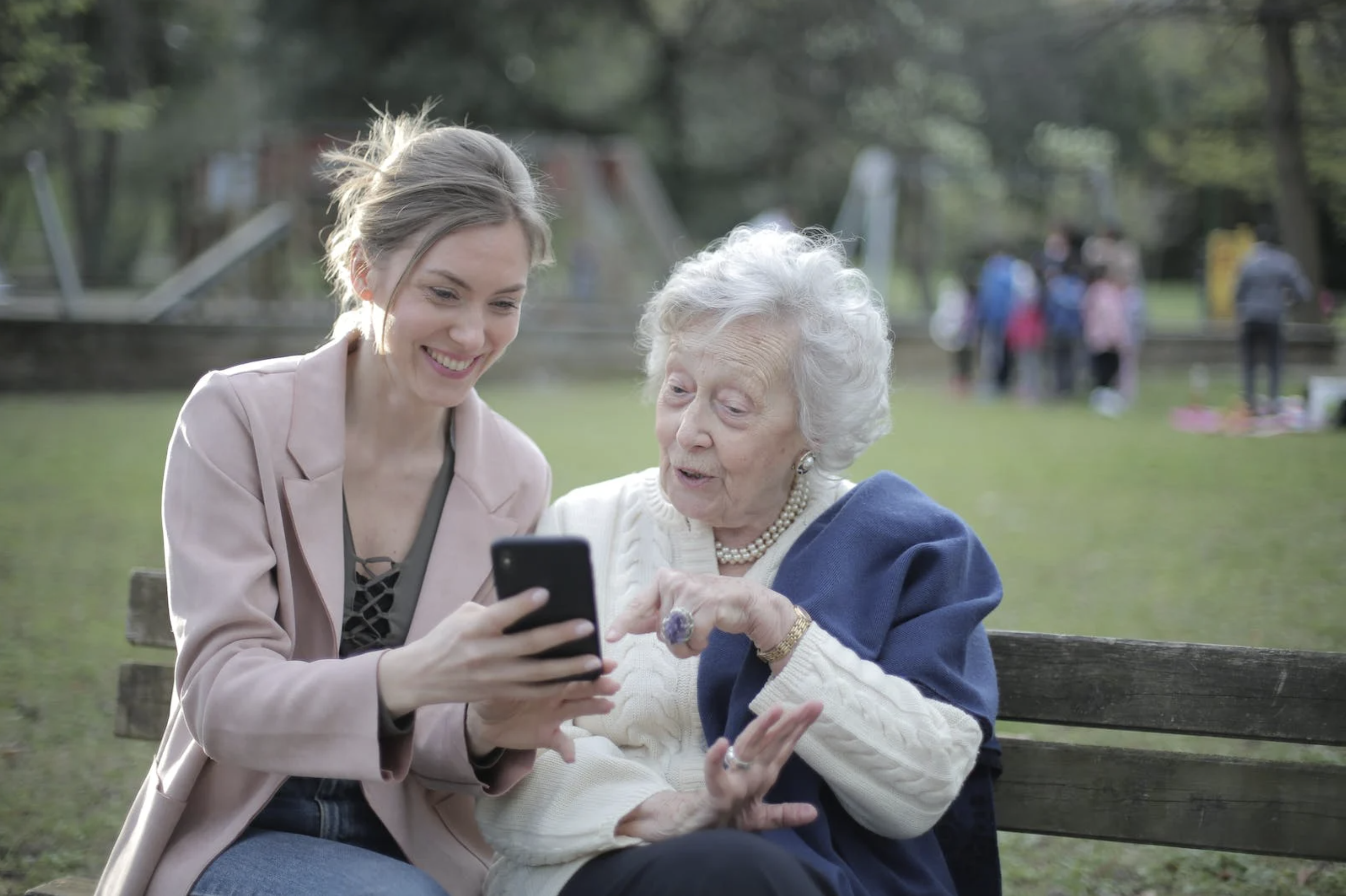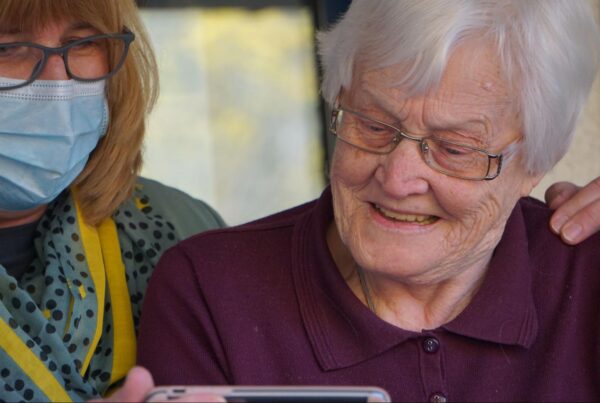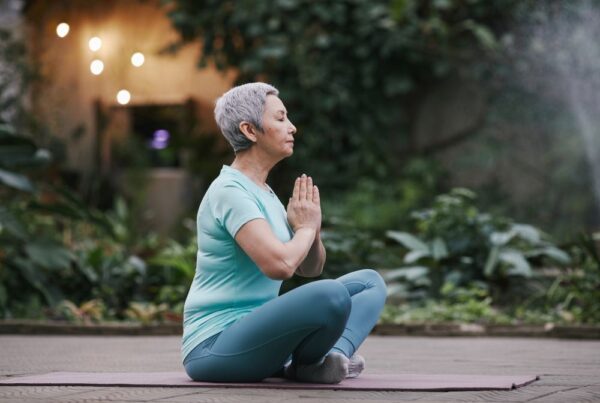Providing emotional and physical support to elderly individuals is one of the most important jobs in America. You may be a professional caregiver or you’re performing the caregiver role for an elderly family member. Whatever your situation, it’s a demanding but rewarding job.
The tasks you’ll perform vary based on the person you’re caring for. Your daily routine may include assisting with household chores and medical appointments. Over time, it may grow into helping your senior citizen to get dressed in the morning.
Here, we will discuss tips for being the best caregiver, common challenges you’ll face, and what to do when you’re overwhelmed. To learn more, read on.
What Is an Elder Caregiver?
As a caregiver for the elderly, you help senior citizens with their daily tasks. But you do more than merely helping with laundry and getting to doctor’s appointments. You also provide emotional support and companionship. That’s why it’s important for family members and friends to handle at least part of the caregiver role. But emotional support and companionship is also something trained professional caregivers provide.
To give the best care, you need to understand the unique needs of the senior you’re caring for. Every person is different, and that doesn’t change just because they’re now a senior citizen.
Tips for Being an Effective Caregiver
Being an effective caregiver can be difficult. The following tips will help you and your senior get the most out of the caregiving plan.
- Patience is essential for caregivers. Senior citizens may take more time to complete tasks and need more help than you would think.
- Communication is crucial for effective caregiving. Listen closely to what the senior is saying and don’t be afraid to ask questions if you don’t understand.
- Respect the senior’s choices. Don’t treat the elderly like children. They’ve accumulated a lifetime of wisdom. So respect their choices and preferences.
- Encourage the senior. Positive reinforcement can help the elderly individual feel more confident and independent.
- Organization is a key part of effective caregiving. You’ll need to keep medical records and make sure your senior takes their medications on time. It’s also a good idea to keep a journal of your senior’s improvement or decline.
- Flexibility is necessary for caregivers. You’ll need to adjust your caregiving procedures based on changes in the senior’s needs.
- Take care of yourself. You can’t be an effective caregiver if you don’t take care of yourself. It’s extremely important to avoid burnout.
Common Challenges of Being a Caregiver
Being a caregiver isn’t easy. It’s especially difficult if you’re caring for an aging parent. It’s even worse if you aren’t getting help from other family members. In such situations, caregivers often face the following issues:
- The demanding nature of the job creates both physical and emotional distress
- The cost associated with elder care can be a financial strain on many caregivers
- Lack of support from other family members can lead to strained relationships
- Difficulty balancing caregiving with other responsibilities, such as careers, spouses, and children
These issues can lead to burnout for caregivers. It’s hard to be an effective caregiver when you’re burned out. Burnout is often a sign you need to hire a professional caregiver to shoulder at least some of the burden.
Conclusion
Whether you need a full time or part-time professional caregiver to help you with an elderly family member, Advanced Health Care is here to help. We can provide the support and resources you need to give your aging family member the best possible quality of life. Contact us today to see what we can do for you.






